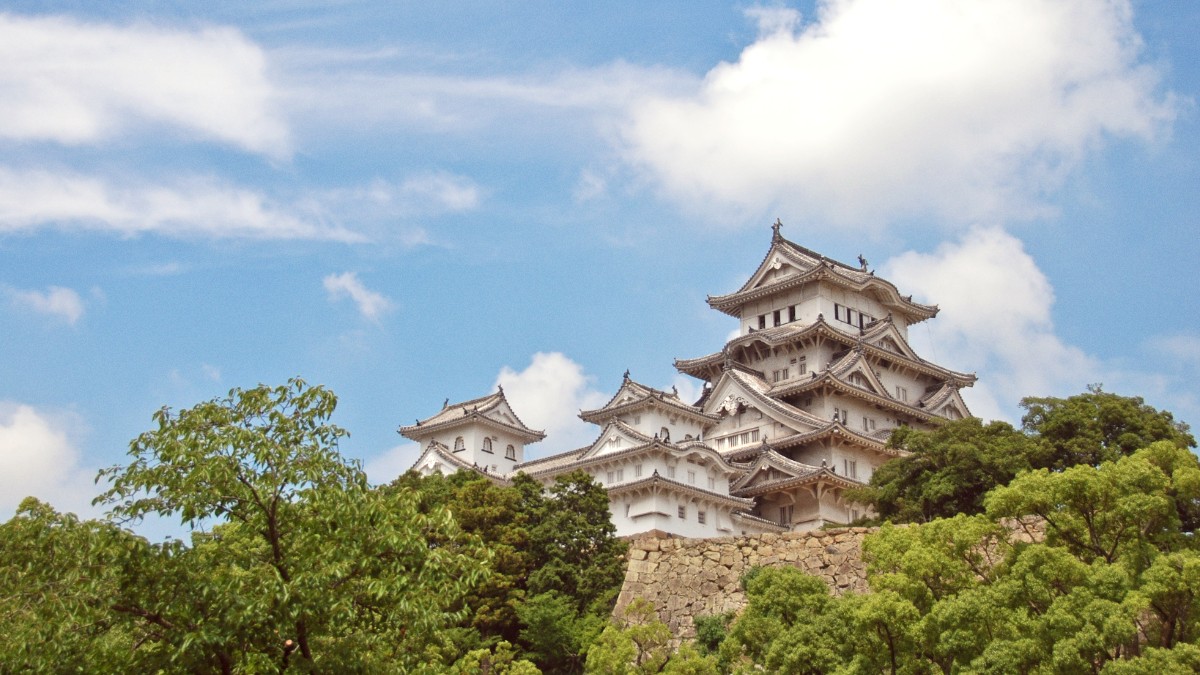
Western Honshu, Japan
Exploring options for travel passes can streamline your journey and manage costs.
Efficient planning maximises your time for enjoying Miyajima.
Gain insight into local customs and avoid common tourist missteps.
Tailored guidance for solo, family, and group journeys.
For detailed accessibility information, consult section 11.4 in the complete guide.
These online tools are invaluable for planning and during your journey.
Google Maps for general navigation (walking, driving, public transport) and Japan Transit Planner (Navitime/Jorudan) for detailed train and subway routing.
Google Translate for text, voice, and camera translation. A Currency Converter App for quick conversions.
A Weather App for daily forecasts and typhoon warnings. HappyCow for vegetarian or vegan dining options.
Podcasts about Japanese culture, history, and travel provide context. Japanology Plus and various travel podcasts offer listening experiences.
Detailed maps of Miyajima island are available at the ferry terminal or tourist information centers.
Frommer's Japan or other general Japan guidebooks feature sections on Miyajima and Hiroshima.
Tourist brochures and maps at ferry terminals, train stations, and tourist information centers often include local tips.
Always stay informed and follow local directives, especially during unforeseen events.
Confirm passport validity for your entire stay. Research visa requirements for your nationality.
Book international flights to Japan. Purchase a Japan Rail Pass outside Japan for extensive train travel.
Book accommodation on Miyajima (especially ryokan) and popular Hiroshima hotels well in advance, specifically for high season.
Purchase a comprehensive policy.
Arrange for a local SIM, eSIM, or pocket Wi-Fi.
Order any Travel gear (adapters, portable chargers). Consult your doctor for health advice.
Clear immigration and customs. Activate your SIM or eSIM, or pick up your pocket Wi-Fi. Exchange currency or withdraw from an ATM.
Obtain local maps and transport guides. Familiarize yourself with nearby train, bus, or streetcar stops.
An airport or 7-Eleven ATM is good for initial cash. Purchase an IC card (Suica, Pasmo, ICOCA) for local public transport.
Confirm internal transportation, like Shinkansen seats and local transport passes.